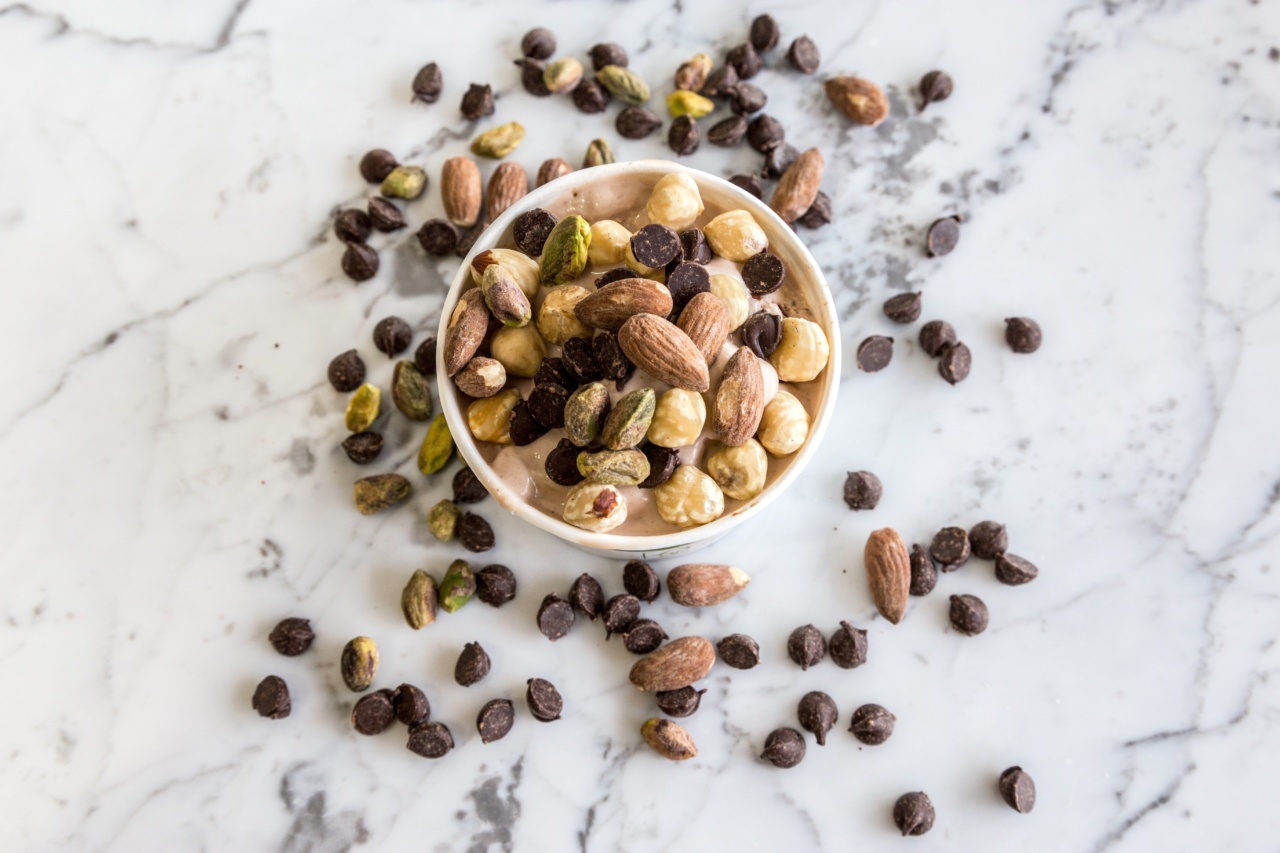Having a dry or oily face can be frustrating and can affect your overall confidence.
While there are many skincare products available in the market that claim to solve these issues, one of the most effective ways to tackle dry and oily skin is by revamping your diet. Yes, what you eat plays a significant role in maintaining healthy skin.
Understanding the Causes of Dry and Oily Face
Before we dive into how a change in diet can help, let’s first understand the causes of dry and oily face:.
Causes of Dry Face:
1. Lack of hydration: Not drinking enough water can lead to dehydrated skin, making it dry and flaky.
2. Harsh weather conditions: Extreme cold or hot weather can strip your skin of its natural oils and moisture.
3. Age: As we age, our skin tends to produce less oil, leading to dryness.
4. Genetics: Some individuals naturally have dry skin due to their genetic makeup.
Causes of Oily Face:
1. Overactive sebaceous glands: These glands produce excess oil, resulting in an oily face.
2. Hormonal changes: Fluctuations in hormones, especially during puberty or menstruation, can cause oily skin.
3. Stress: Stress triggers the release of cortisol hormone, which can make your skin oilier than usual.
4. Poor skincare routine: Not cleansing your face properly or using harsh products can stimulate oil production.
Include Essential Fatty Acids
Adding certain nutrients to your diet can help balance oil production and moisturize your skin. One of the essential components for healthy skin is fatty acids.
Foods rich in omega-3 fatty acids, such as salmon, walnuts, chia seeds, and flaxseeds, can help reduce inflammation and nourish your skin, preventing dryness and excessive oiliness.
Antioxidant-Rich Foods for Healthy Skin
Antioxidants play a crucial role in maintaining youthful and healthy skin. Including a variety of fruits and vegetables in your diet can provide your skin with these powerful antioxidants.
Some antioxidant-rich foods include berries, leafy greens, oranges, tomatoes, and green tea. These foods fight free radicals, reduce inflammation, and promote skin rejuvenation.
Hydration is Key
Drinking an adequate amount of water throughout the day is essential to keep your skin hydrated. Water helps flush out toxins, improves skin elasticity, and prevents dryness.
Additionally, you can include hydrating foods like watermelon, cucumbers, and celery in your diet to provide your skin with extra hydration.
Reduce Inflammatory Foods
Certain foods can trigger inflammation in the body, leading to skin issues like acne and excessive oiliness. Avoiding or minimizing the consumption of these foods can help improve your skin condition.
Common inflammatory foods include processed snacks, sugary treats, fried foods, and refined carbohydrates.
Probiotics for a Healthy Gut and Skin
Your gut health plays a significant role in the health of your skin. Including probiotic-rich foods in your diet can enhance your gut microbiome, reducing inflammation and promoting better skin.
Yogurt, kefir, sauerkraut, and kimchi are excellent sources of probiotics that can help balance sebum production and keep your skin healthy.
Monitor Your Sugar Intake
Consuming excessive sugar can exacerbate skin problems, including oily skin. High sugar intake leads to increased insulin levels, which can trigger sebum production.
Try to limit your intake of sugary beverages, candies, and processed sweets. Opt for natural sweeteners like honey or enjoy the natural sweetness of fruits.
Include Skincare Supplements
In addition to a balanced diet, certain supplements can provide your skin with the necessary nutrients to combat dryness and excessive oiliness.
Consider taking supplements like vitamin E, vitamin C, zinc, and biotin, as they have shown to improve skin health when taken regularly and in the right dosage. However, consult with a healthcare professional before starting any new supplements.
Conclusion
Revamping your diet can have a significant impact on the health and appearance of your skin. Including essential fatty acids, antioxidant-rich foods, and hydrating your body are some key steps to combat dryness and oily skin.
Additionally, reducing inflammatory foods, incorporating probiotics, and monitoring your sugar intake can contribute to healthier skin. Remember, consistency is key, and it may take time to see noticeable changes. Give your skin the nourishment it deserves by making healthy dietary choices.































